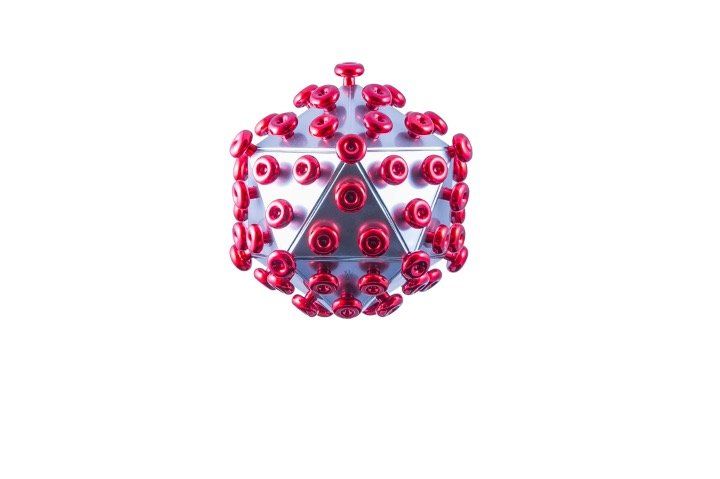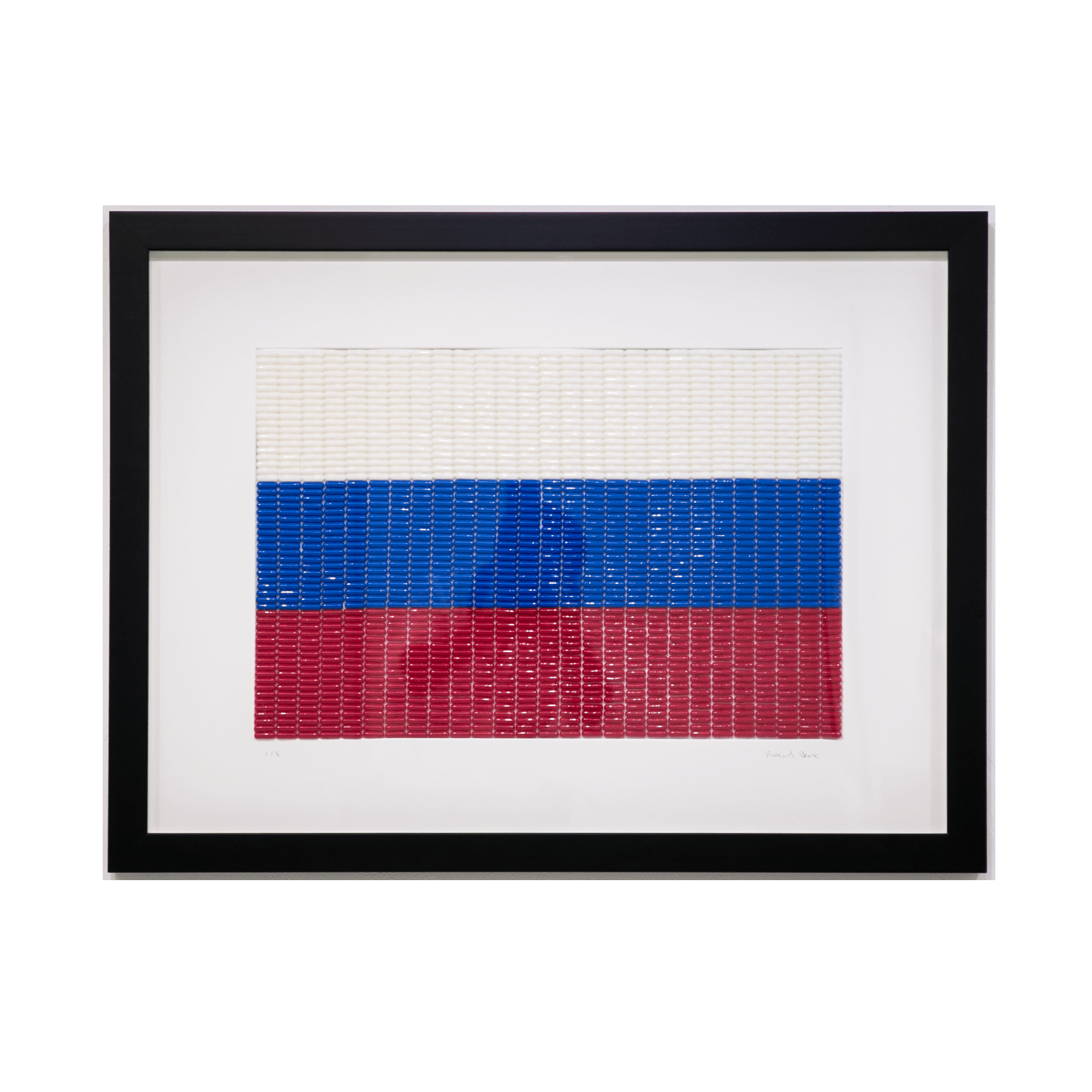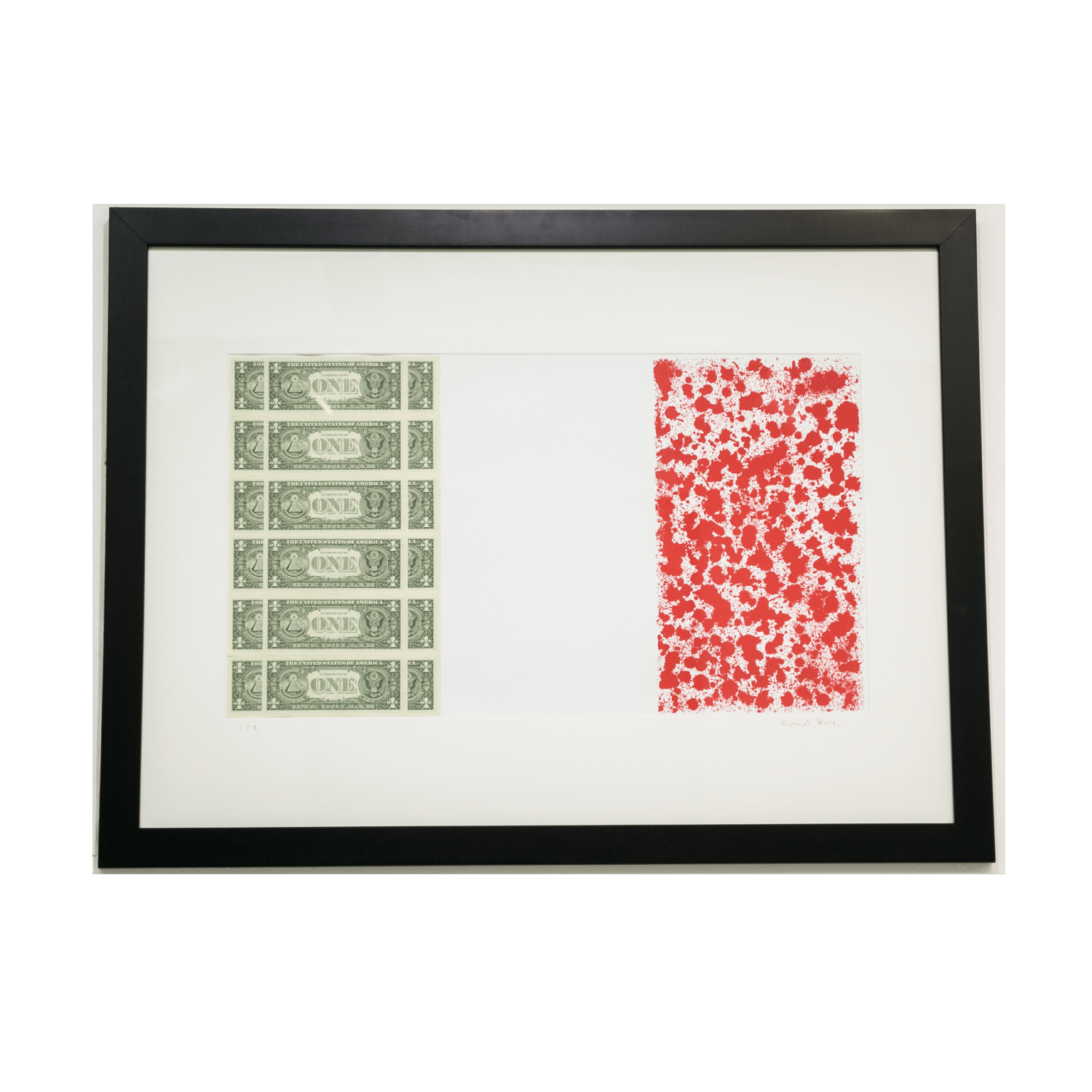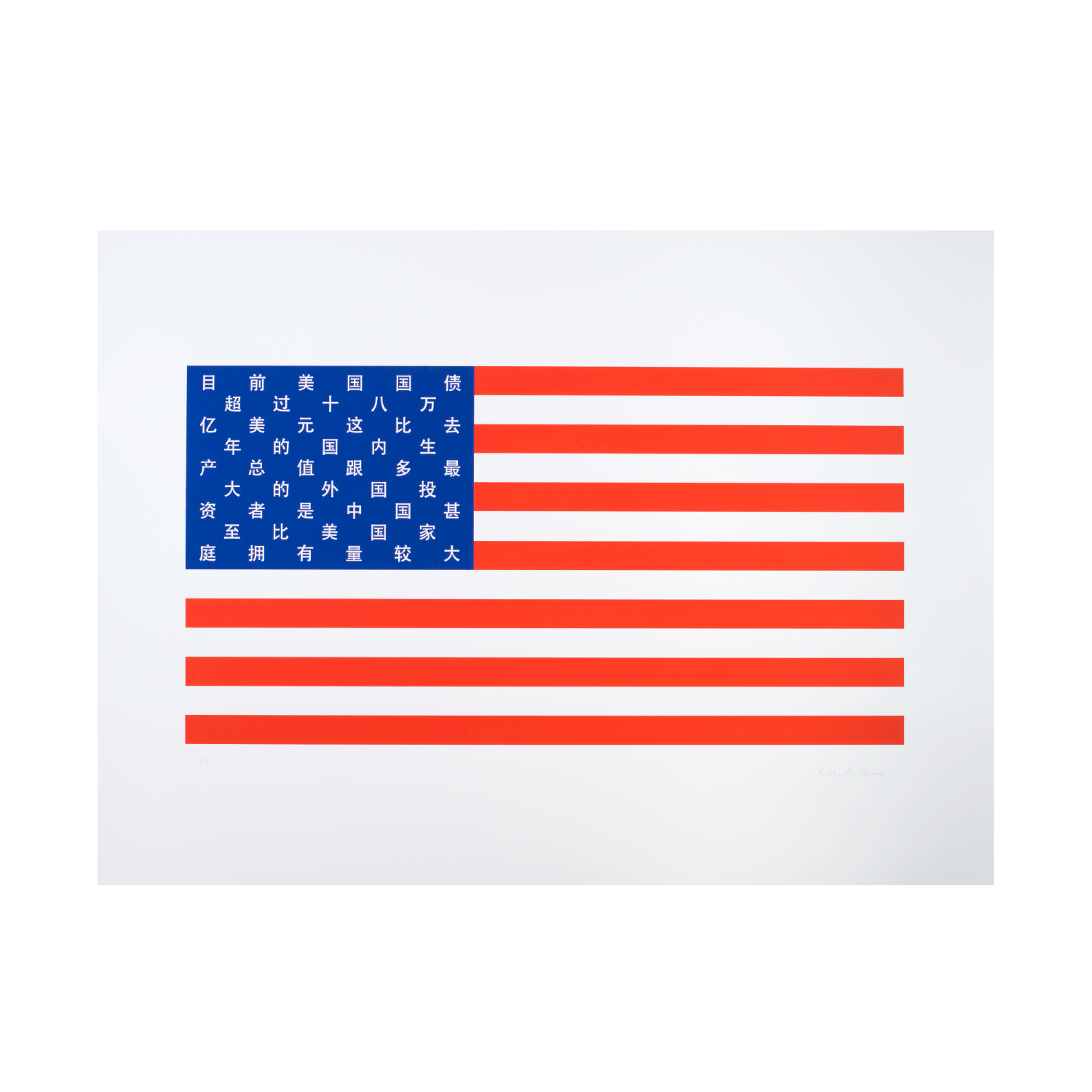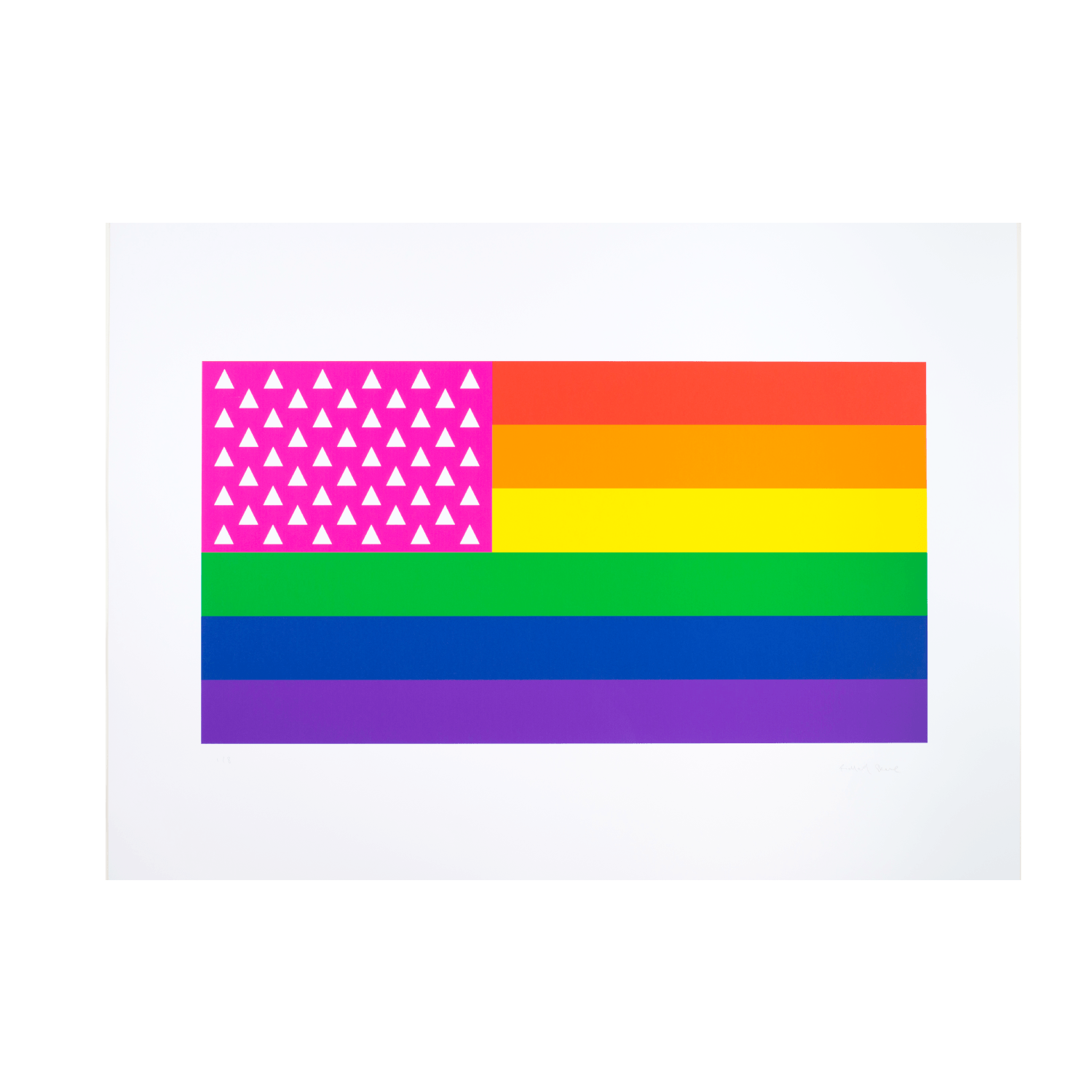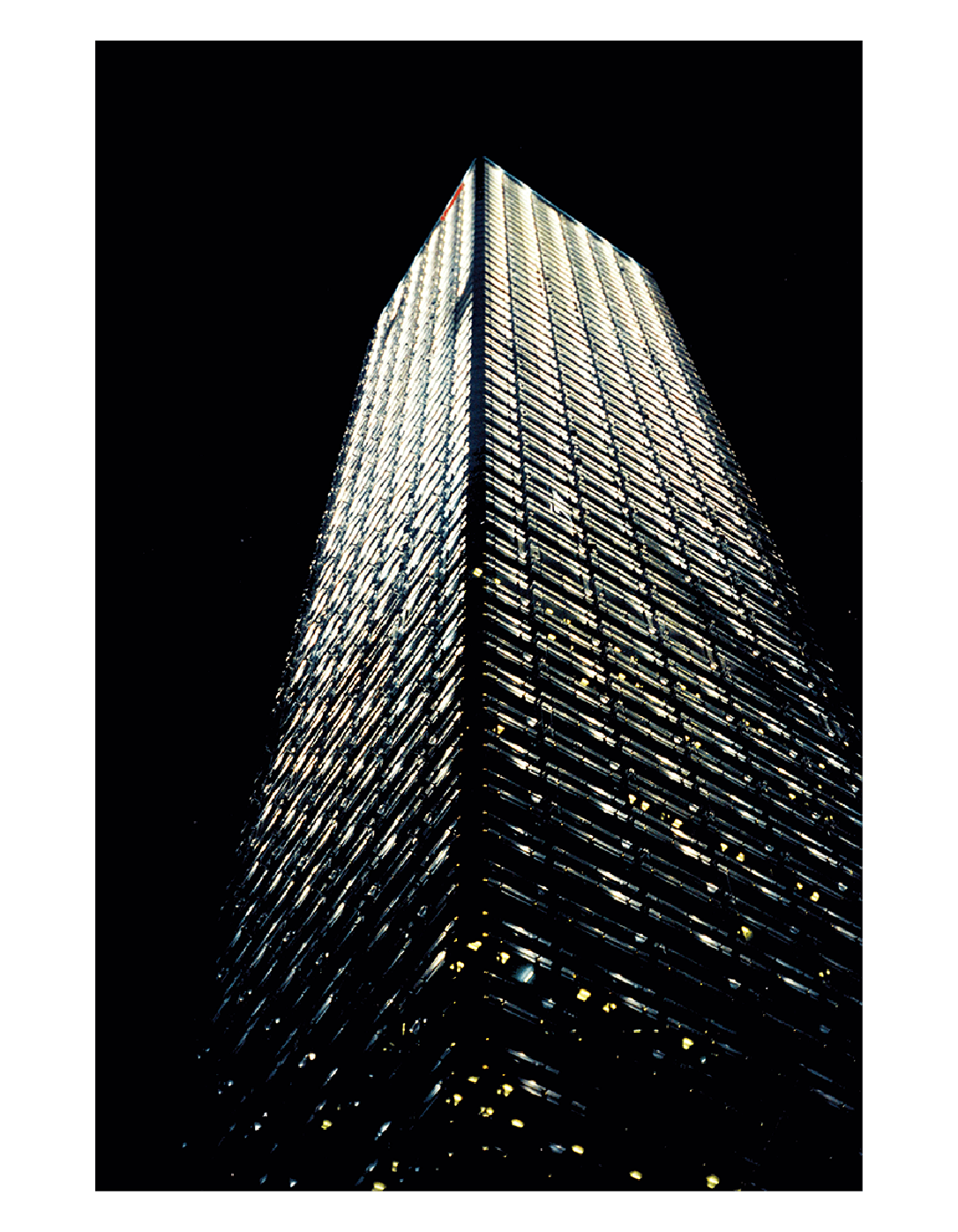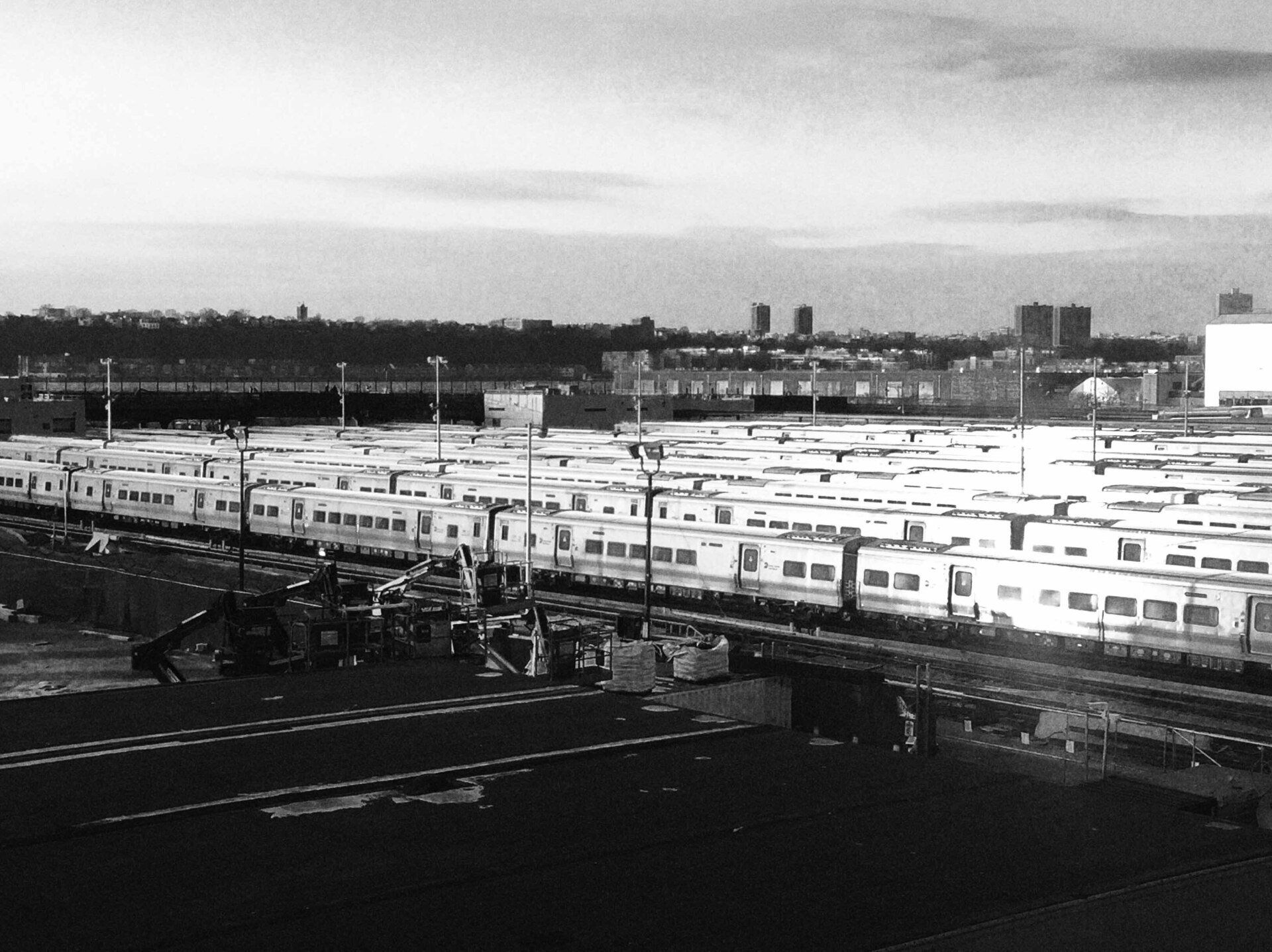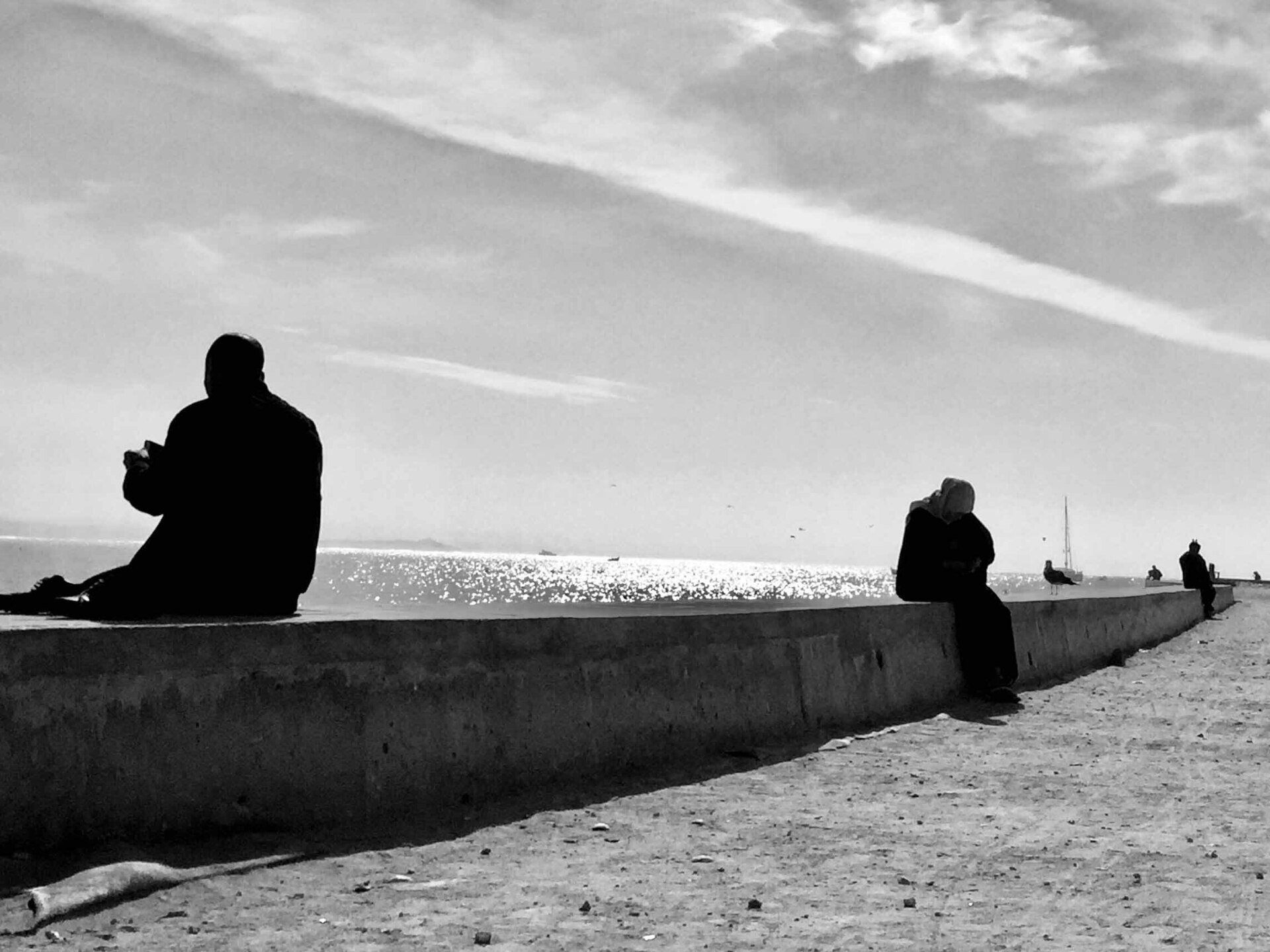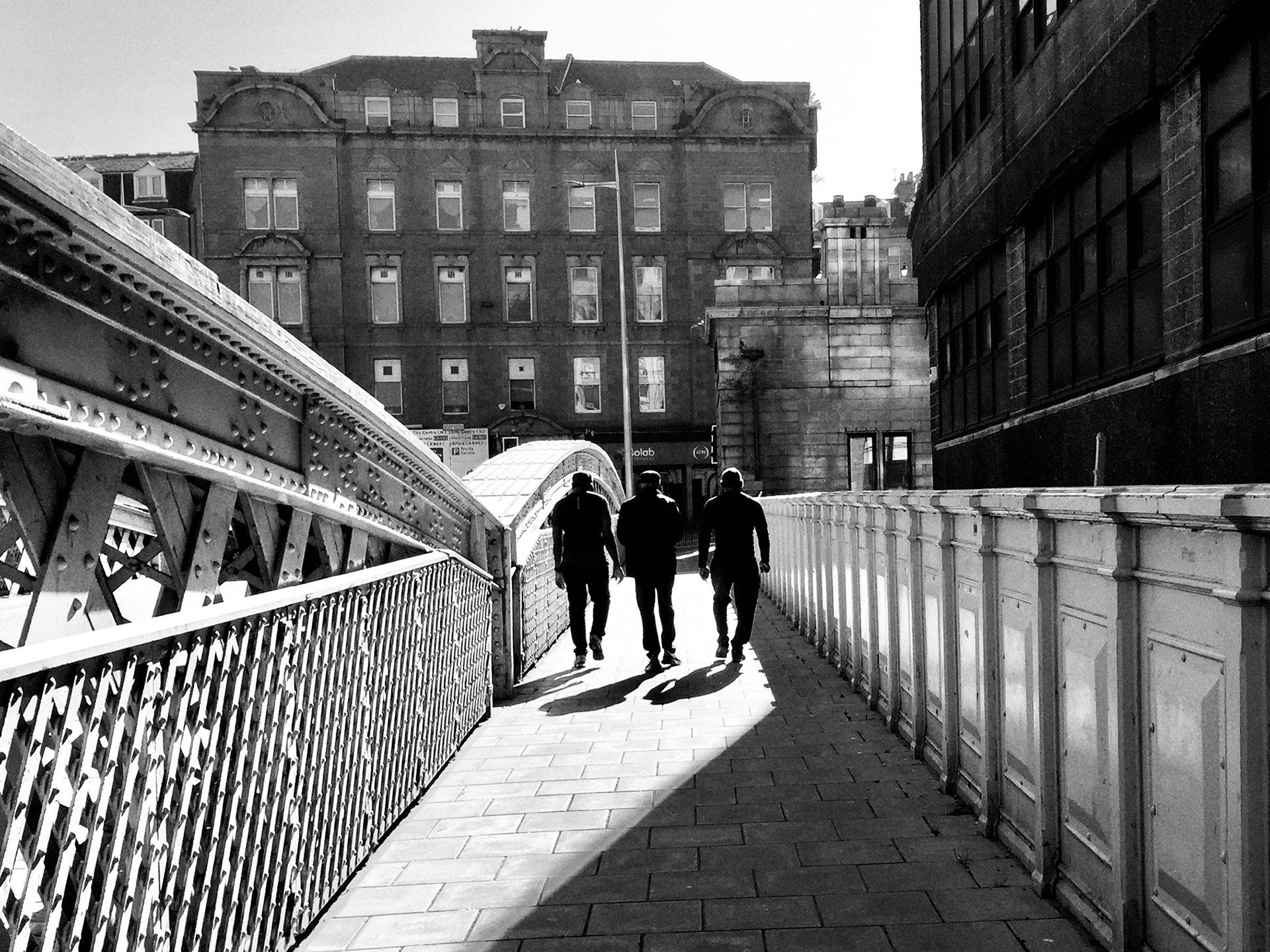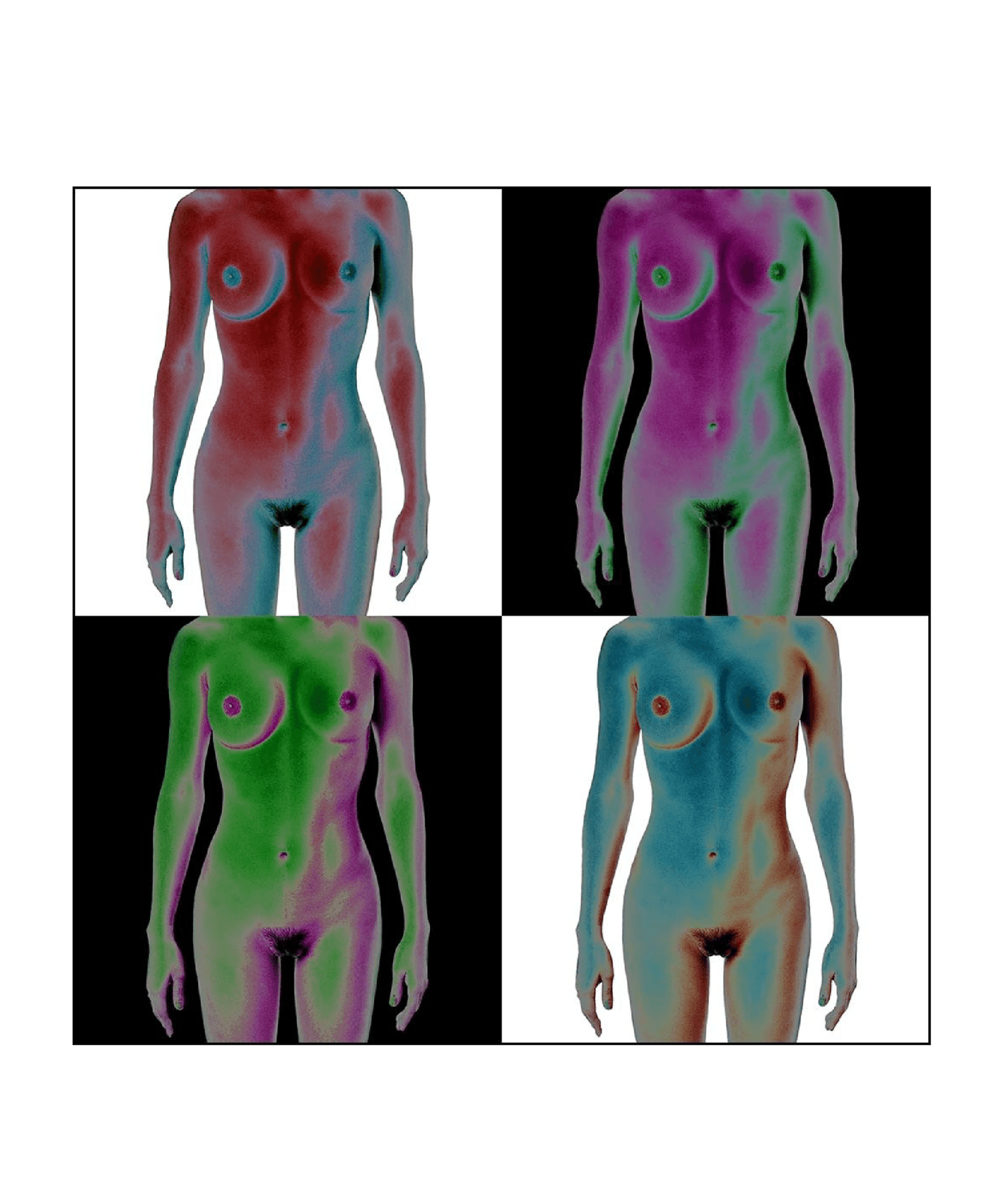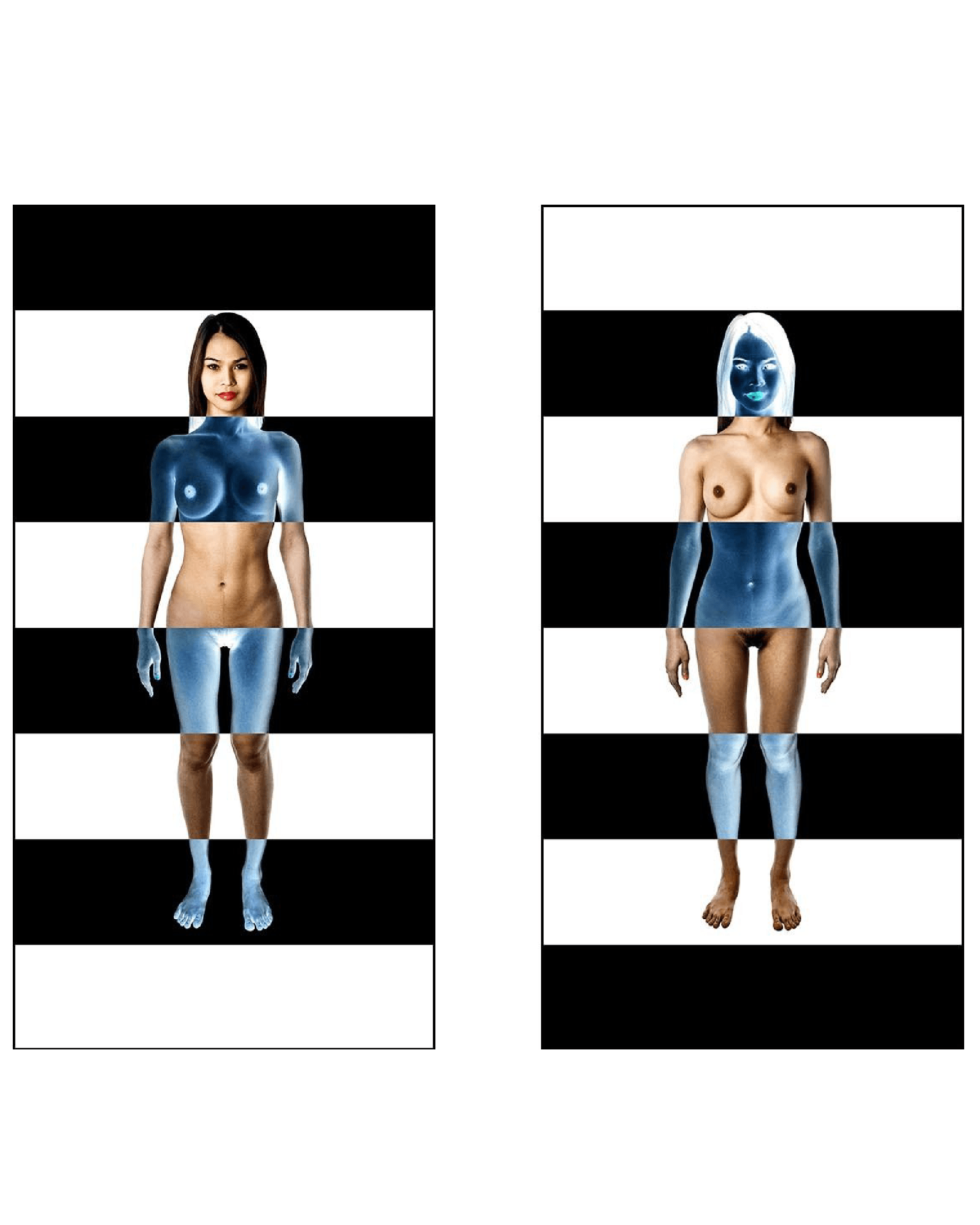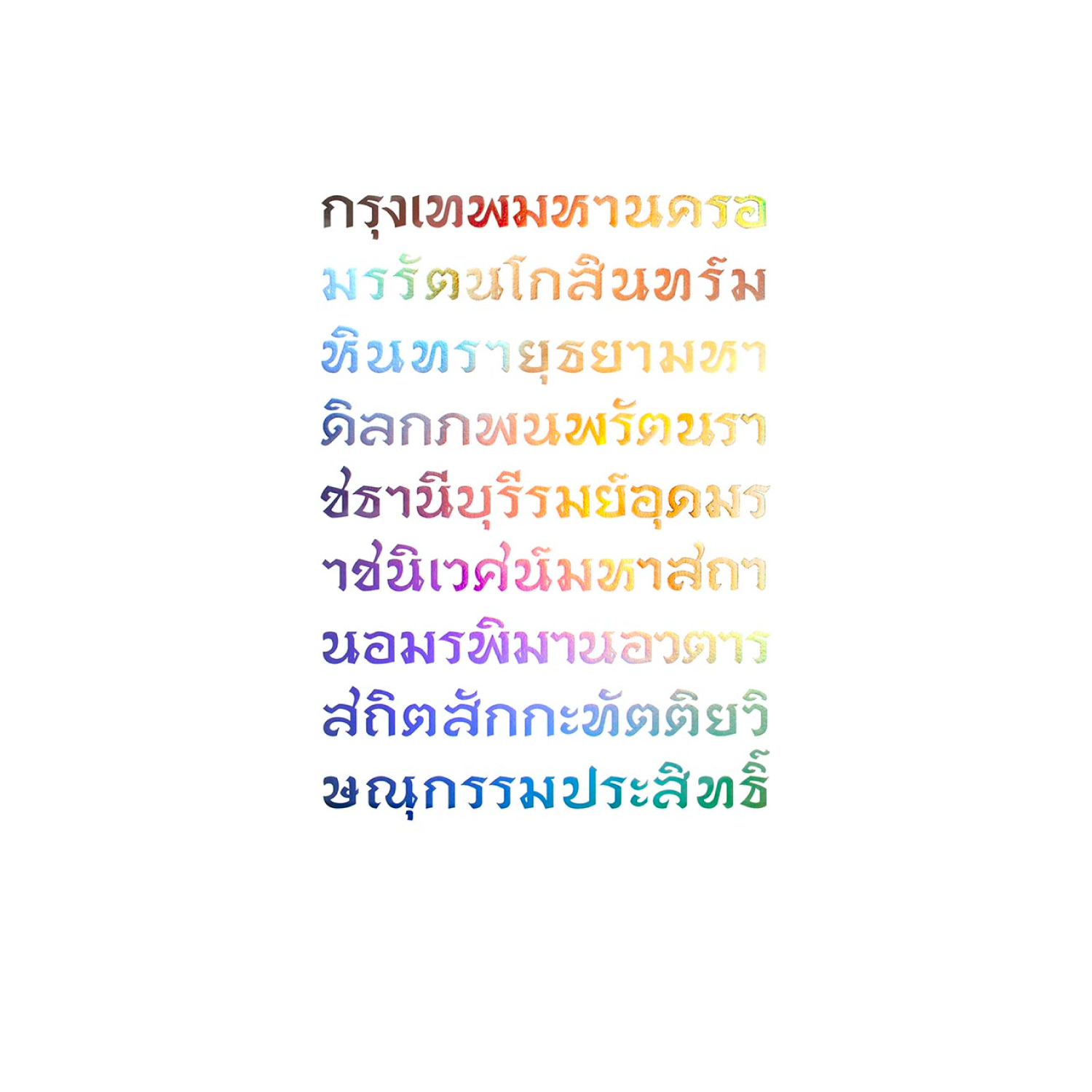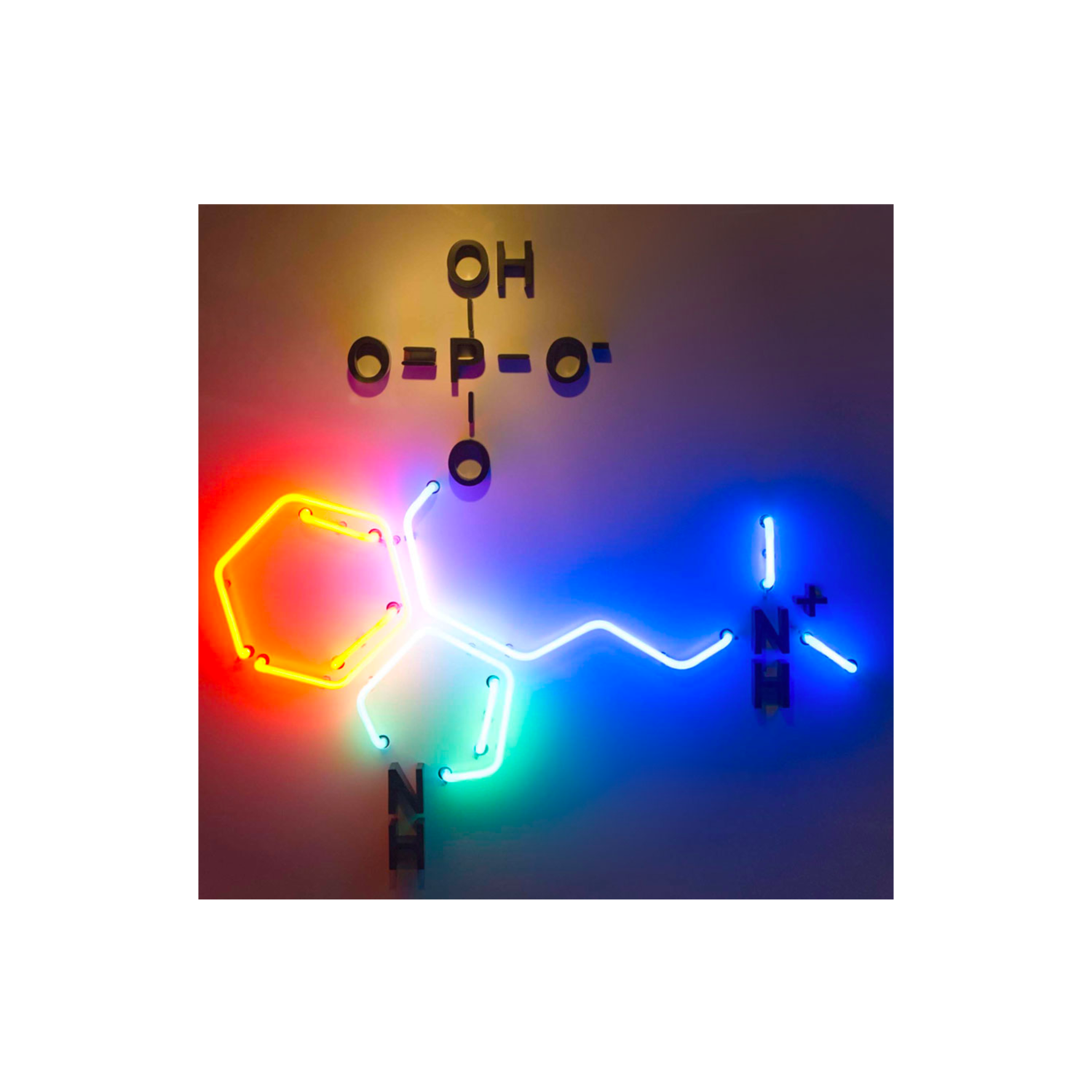
Pretty Ugly
“Pretty Ugly” is a collection of sculptures as portraits of society by revealing how something can be pretty on the outside but ugly on the inside. This concept can be translated to eastern philosophy by comparing the “yin” (literally the “shady place”) with the “yang” (literally the “sunny place”), but everything and everyone has aspects of yin and yang, in physical or metaphorical terms, for example, shadow cannot exist without light.
Click on the image to view full details
Flying Colours
“Flying Colours” comprises a collection of prints based on national flags but with a socio-economic or geo-political twist. The stars and stripes of the USA are featured heavily, which demonstrates its position as the world’s dominant superpower, with a wide political diversity and an influential culture - both progressive and regressive.
Click on the image to view full details
-
Divided State of America
Button
Cityscapes
“Cityscapes” comprises a collection of photographs in a variety of global destination. Although covering a wide geographic spread, the images have several common features, such as an abstract form with a strong contrast in an urban environment.
Click on the image to view full details
-
Dubrovnik
Button
Sexuality
“Sexuality” is a collection of photographs, which explores themes of beauty and gender in Thai society.
While Thailand is renowned for the beauty of its female population, the collection challenges viewers to consider sexual attraction on a less superficial level with the “Skin Deep” series. Similarly, “Pretty Vacant” implies that a beautiful body is not necessarily matched with a beautiful mind. Nevertheless, physical attraction between the sexes is a necessary requirement for reproduction and a natural consequence of evolution. Beauty is therefore celebrated with “Eye Candy” and “Foxy Lady”.
Thailand is also renowned for transsexuals, whom Thais regard as “phed tee saam” (the third gender) or “phu ying pra phet song” (a second kind of woman). The high prevalence of transsexuals in Thailand may pervert traditional expectations of gender, a concept which is represented in “Yin-Yang” and “Metamorphosis”.
Click on the image to view full details
-
Eye Candy
Button
The Road of Excess leads to the Palace of Wisdom
In addition to having a Thai flavour, a common theme of the collection is the “pursuit of happiness”, which is one of the three “unalienable rights” in the United States of America’s Declaration of Independence* and a key principle of Buddhism. That such superficially conflicting forces of capitalism and religion share the same destination suggests the path to happiness may not be straightforward, and short cuts may be counterproductive.
Although Thailand is a welcoming, tolerant and spiritual place, Bangkok provides abundant opportunities for hedonism. So, like the Yin-Yang, the “City of Angels” is a centre of energy, within which contrary but complementary forces co-exist. Those who deviate from the true path may, after a period of trial and error, reach the same conclusion as William Blake, who wrote “The Road of Excess leads to the Palace of Wisdom”**. In short, the collection represents a visual journey: from Hedonism to Buddhism in Bangkok.
* The Declaration of Independence, adopted on the 4th of July 1776, states: “We hold these truths to be self-evident, that all men are created equal, that they are endowed by their creator with certain unalienable rights, that among these are Life, Liberty and the pursuit of Happiness.”
** “The Road of Excess leads to the Palace of Wisdom” is a proverb from the book, “The Marriage of Heaven and Hell”, written by William Blake in 1793.
Click on the image to view full details
-
Swastika
Button




